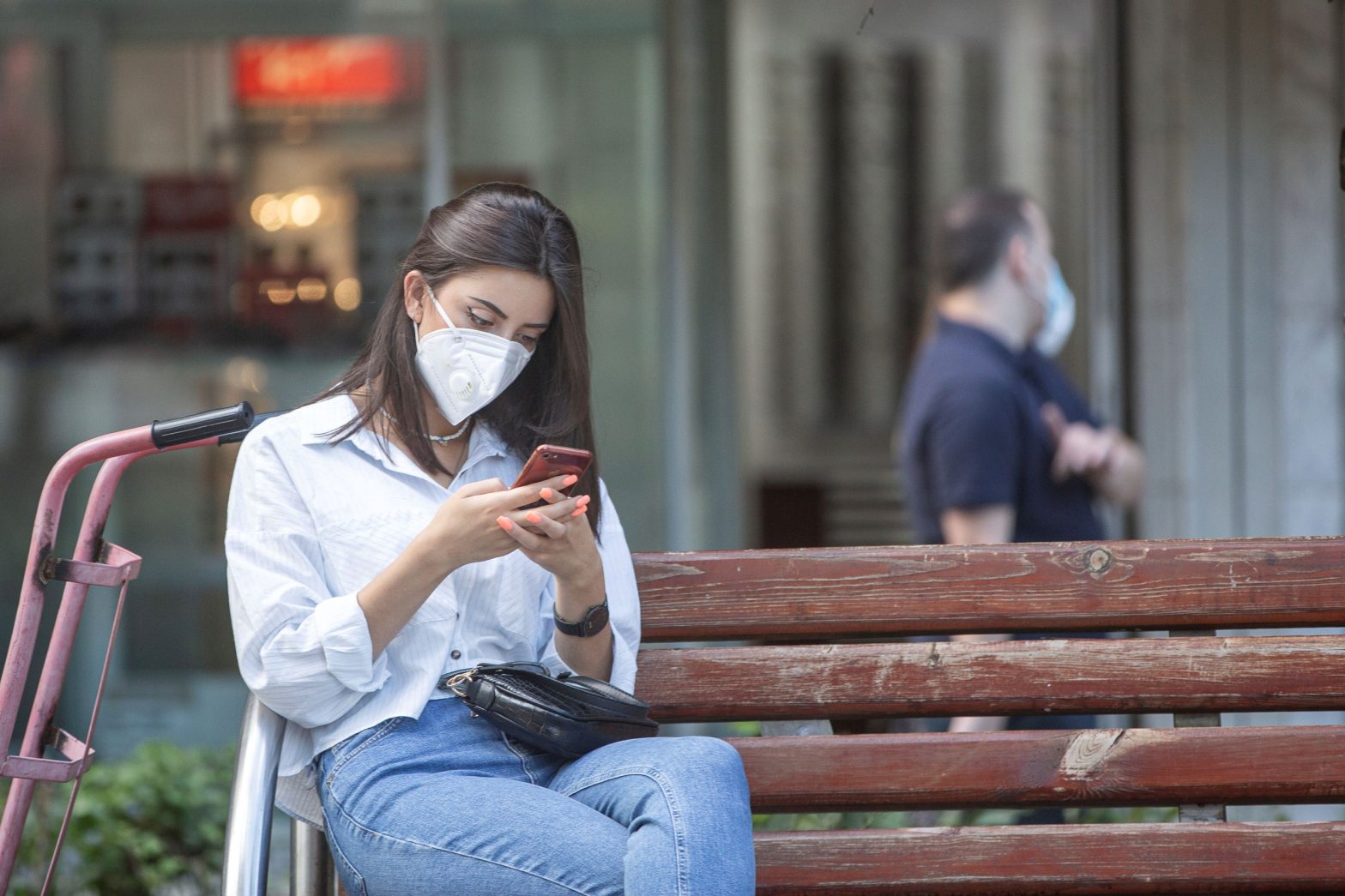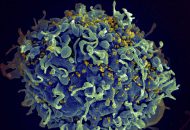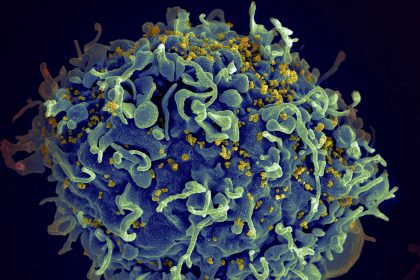Expert Discusses Emerging COVID-19 Variants

NASHVILLE, Tenn. — Since May 2020, new variants of the novel coronavirus have emerged that can cause COVID-19 infection, and now health experts keep encouraging individuals to get vaccinated to reduce the spread of infection and avoid the emergence of a variant capable of resisting vaccines.
“What’s important to understand is that variants are not new. Viruses mutate and change, and it’s naturally occurring. As the virus mutation spreads, you have a survival-of-the-fittest situation, where the strongest variant tends to thrive and grow in the community, affecting more people,” said Dr. Adam Brown, chief impact officer and COVID-19 Task Force chair at Envision Healthcare.
Currently, the World Health Organization has designated four variants of concern, all of which emerged in 2020, starting with beta that emerged in South Africa in May, followed by alpha that emerged in the UK around September. Soon after, the delta variant emerged in India in October, and the gamma variant emerged in Brazil in November.
There are also variants of interest that are not yet as great of a concern that have emerged according to the data, which include iota that emerged in the U.S. in November 2020, eta that emerged in multiple countries in December, lambda which emerged in Peru in December, and the kappa that emerged in India in April 2021.
“The virus attaches its genetic material to the cell, and the cell becomes the factory of the new virus, enabling it to multiply. The reason why the delta variant is more concerning is that not only does it adhere to the cells more easily, but it also creates a more productive, robust factory for the number of particles it creates,” said Brown.
Because of increased transmission, the delta variant has become the dominant variant worldwide, accounting for more than 90% of COVID-19 cases in the United States.
“When you vaccinate numerous individuals to get herd immunity, you have multiple individuals within the herd that are immune from the virus, and it prevents the virus from spreading from person to person. When you reduce that spread, you can reduce the chances of it mutating,” said Brown.
The Centers for Disease Control and Prevention reported that more than 173 million people in the United States have been fully vaccinated as of August 23, 2021. However, in many areas of the country there are a high number of unvaccinated individuals who are infectious surrounding vaccinated individuals.
Brown said the continuous interaction between the two makes the chance of contracting the virus for those who are vaccinated much higher because there are statistically more individuals who have the disease and more opportunity for a vaccinated individual to be exposed to the virus. While extremely effective at preventing hospitalization, death or severe illness, vaccines are not 100% effective at preventing illness, or breakthrough cases.
Despite the number of breakthrough cases, Brown said that unvaccinated individuals are still 29 times more likely to be hospitalized than those who are vaccinated.
To complicate matters, Brown said it’s recently been discovered by researchers that the antibodies from the Pfizer, Moderna, and Johnson & Johnson vaccine that protect from the virus appear to wane after about six-nine months.
“We saw a six-month time period of protection, but we now have new variants of the virus, and with waning antibodies and with delta being so prevalent in communities, infection rates will be higher,” said Brown.
The Biden administration recently announced that those who got the Moderna or Pfizer-BioNTech vaccines will be able to obtain booster shots eight months after the date of their second doses.
“A booster shot supercharges the immune system to make more neutralizing antibodies, and these are the antibodies that stop the virus and cells from multiplying,” said Brown.
Still, Brown doesn’t know whether or not the booster will be enough to combat a superbug variant that could possibly emerge in 2022, which is being referred to as “COVID-22”, coined by an immunologist who told UK reporters that such a potential variant could pose a “big risk.”
“The future I worry about is the continued unmitigated spread of the virus in parts of the world and the U.S., which creates new mutations and variants that evade the immunity we’ve built from the vaccine. If we don’t start slowing the spread, we may be creating stronger forms of the virus unknowingly,” said Brown.

























